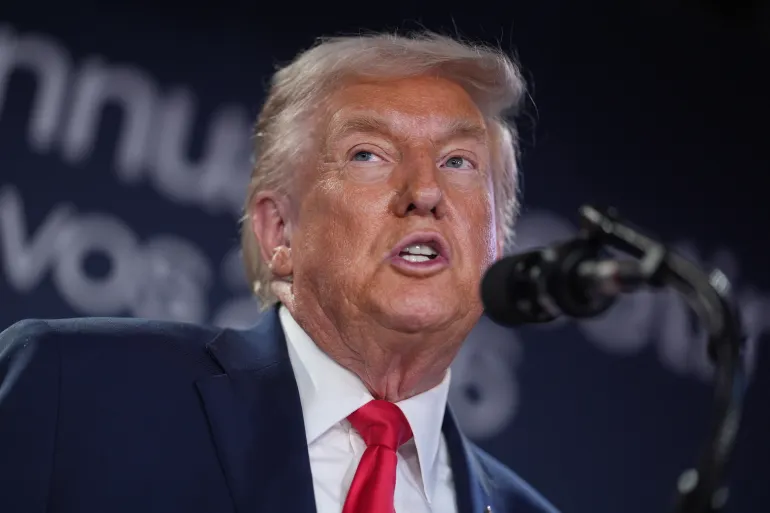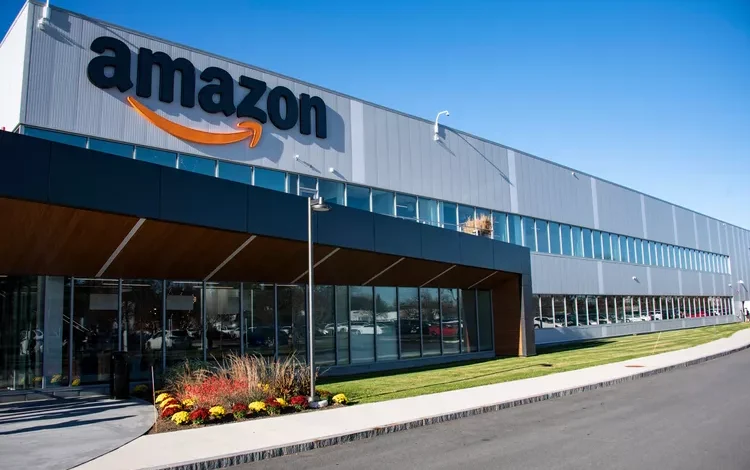In recent years, a notable shift has occurred in the way some individuals express dissatisfaction with Jeff Bezos and his vast business empire, Business Insider reports.
A growing number of people have resorted to acts of petty theft and manipulation of return systems to express their economic outrage, specifically targeting Amazon and its subsidiaries like Whole Foods. These individuals, many of whom are middle-class, justify their actions by framing them as a form of moral retaliation against the billionaire and his corporation’s perceived negative impact on society.
One such individual, Lee, a communications professional from the Washington, DC, area, has openly confessed to engaging in shoplifting at Whole Foods between 2020 and 2022. His crimes included pocketing spices and manipulating the self-checkout system to pay less for groceries. Lee justifies these actions by pointing to Bezos’ immense wealth, Amazon’s labor practices, and the billionaire’s influence in media, such as his ownership of The Washington Post. In his view, Bezos and others of his wealth bracket often exploit the working class, and Lee feels justified in “taking a little back.”
Lee is not alone in his sentiments. Across the country, there are individuals who view stealing from Amazon-related businesses as a form of resistance against a system they believe is rigged in favor of the ultra-wealthy. Jesse, a tech worker, and Carson, a nonprofit sector employee, both admit to stealing from Whole Foods or manipulating Amazon’s return policies as a way of getting back at Bezos. For them, these actions are not crimes but rather a symbolic gesture—a “Robin Hood” approach to dealing with wealth inequality.
The backlash against Bezos is fueled by growing frustration with the concentration of wealth and power in the hands of a few billionaires. With increasing visibility of the inequalities in society, many Americans view Bezos as the epitome of the “1%”—someone who profits significantly while the average person struggles with rising costs of living. From criticisms of Whole Foods’ gentrification to Bezos’ space ventures, his image has become synonymous with corporate greed.
However, the ethics of these actions remain questionable. While theft from billion-dollar corporations may seem harmless to some, experts argue that these acts can have unintended consequences. Retail theft can lead to higher prices for consumers, more stringent security measures, and increased costs for businesses. Moreover, the employees who bear the brunt of these actions are often overlooked. Loss prevention experts have noted a rise in opportunistic shoplifting, and workers at companies like Whole Foods report the demoralizing effects of these petty crimes.
Additionally, there are potential consequences for small businesses that sell through Amazon’s marketplace, which can suffer from return fraud or manipulation of Amazon’s policies. John Roman, CEO of BattlBox, a company that sells outdoor gear, described how such actions, though aimed at Bezos, ultimately hurt smaller sellers who are caught in the crossfire.
While the anger behind these actions is understandable, it may not be the most effective or ethical way to protest. Philosophers and criminologists argue that many of these individuals perform mental gymnastics to justify their behavior. For instance, they may view stealing from a massive corporation as a victimless crime or believe that it balances the scales of inequality. However, these justifications don’t necessarily make their actions right, and they may even exacerbate the very issues they are trying to address.










The latest news in your social feeds
Subscribe to our social media platforms to stay tuned